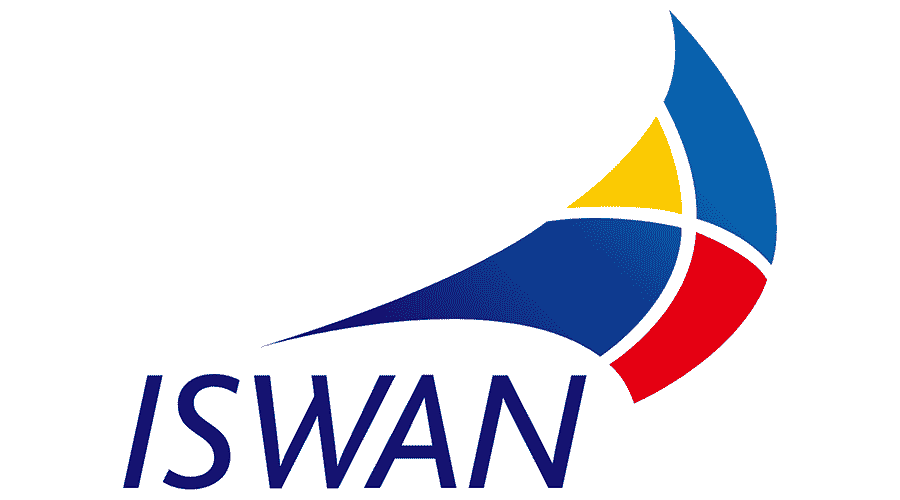Genco has implemented various energy saving + emission reducing initiatives in recent years, including the following:
- Renewing our fleet with modern, fuel-efficient vessels
- Installing energy saving devices and Engine Power Limitation Systems
- Applying high performance paint systems
- Installing performance monitoring systems
- Ballast water treatment systems on board our entire fleet
IMO 2030, 2040, 2050 Targets
During the week of July 3rd, 2023, the Marine Environment Protection Committee (MEPC), a sub-committee of the IMO, met in London focusing on medium to long term decarbonization targets for the shipping industry. New targets for GHG emissions reductions vs 2008 levels are:
- 2030: 20% reduction while striving for 30%
- 2040: 70% reduction while striving for 80%
- 2050: net zero ‘at or around 2050 to the extend national circumstances allow’
These targets are to be reviewed every 5 years. Additionally, the IMO plans to adopt a carbon pricing mechanism by 2025, but only after it has completed an impact study. These may not enter into force until ~2027.

Meeting Industry-Wide Emissions Reduction Targets
At Genco, we deploy two approaches to reduce our carbon footprint while creating value for our various stakeholders. Drybulk vessels carry essential commodities around the world including food and energy to power many developed and developing economies. In the absence of a true zero carbon solution at the present time, we focus on making our existing fleet as fuel efficient as we can while also studying longer-term sustainable solutions:
1. Focus on existing fleet: install energy saving devices to reduce fuel consumption, apply high performance paint systems, voyage optimization, real-time data collection of fuel consumption data, sell older less fuel-efficient tonnage and redeploy the capital in modern fuel-efficient vessels.
2. Longer term: evaluate alternative fuels including ammonia, methanol, biofuels, among others as well as retrofitting equipment to ships as would be the case with carbon capture.





